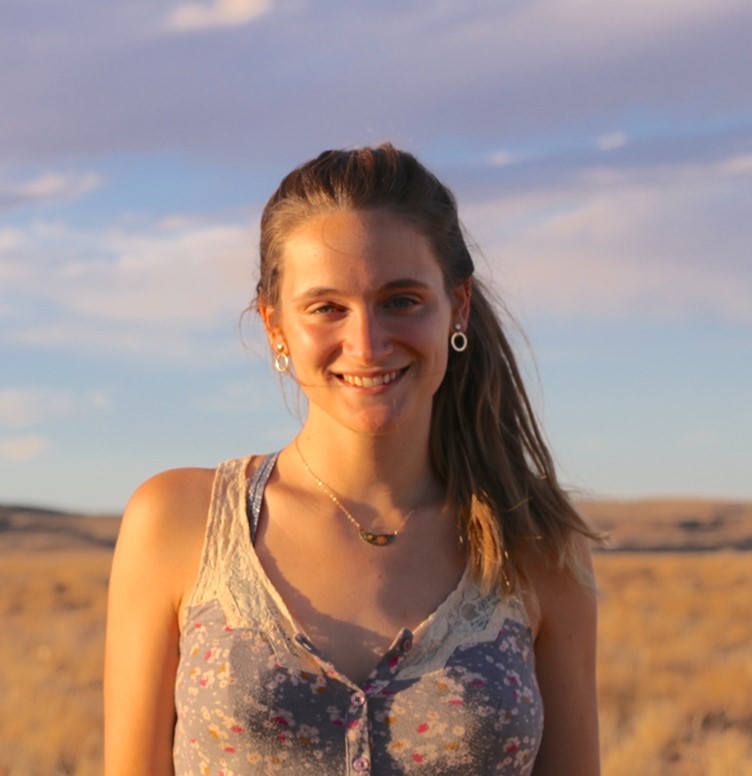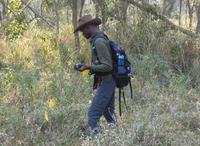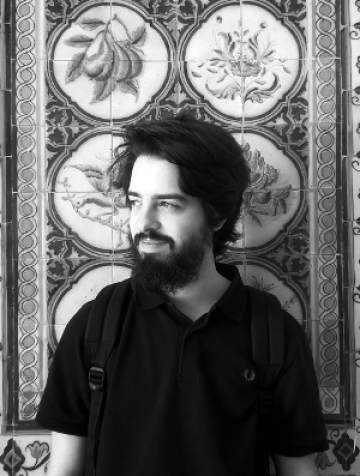Graduate Students

Elodie Freymann
I am a third year DPhil student under the supervision of Dr Susana Carvalho, Dr Michael Huffman (Kyoto University), and Catherine Hobaiter (University of St. Andrews). My research focuses on identifying novel self-medicative resources used by the Sonso and Waibira chimpanzee communities in Budongo Forest using interdisciplinary methods. With my project I also seek to develop new methods for efficient identification of novel self-medicative resources, compare self-medicative resource use between communities, and interrogate our ethical obligations when conducting this kind of research.

Gabriella Kountourides
Gabriella Kountourides is a DPhil student under the supervision of Dr Alexandra Alvergne. Her background is in zoology and human evolution. For her DPhil, she is using mixed methods to investigate whether premenstrual syndrome (PMS) in humans is the manifestation of environmentally induced inflammation. Through collaborations with the period tracker app, Clue and the Oxford Nuffield Hospital she has collected both digital ethnographic data, and lab samples to test her hypotheses.
Prior to starting her doctorate, she worked as a science educator at the Natural History Museum in London. She is passionate about science communication, reproducible research, and empowering women in science.
Gabriella is undertaking a field-based internship with Care International in Thailand, until January 2023. She is researching how to optimise drug harm reduction programmes to make them more 'female friendly'.
Twitter: https://twitter.com/
Website: https://

Jacinto Mathe

Jana Muschinski
João d'Oliveira Coelho

Lynn Lewis-Bevan

Megan Beardmore-Herd
I am a DPhil student under the supervision of Professor Susana Carvalho and Professor Julia Fischer. My background is in biological anthropology, with an emphasis on human evolution and primatology. For my DPhil research I am studying vervet monkeys and baboons experiencing a shift in ecology as a result of carnivore reintroductions in Gorongosa National Park, Mozambique. After conducting several months of fieldwork in Gorongosa habituating and IDing troops of vervet monkeys whilst collecting data on their behaviour and vocal communication in response to predators and agonistic encounters which was disrupted by the COVID-19 pandemic, I am now using remote detection methods to continue my research and investigate the effects of seasonality, major climatic events, and changes in the landscape of fear on the abundance, distribution, and ranging patterns of these primates.
Contact details: megan.beardmore-herd@anthro.ox.ac.uk

Sophie Berdugo
I am a fourth year DPhil student under the supervision of Professor Emma Cohen and Professor Susana Carvalho. Broadly, I am interested in the factors mediating the efficiency of tool-use in chimpanzees. I am undertaking a longitudinal observational analysis using 26 years of archival video footage of the wild chimpanzee community in Bossou, Guinea, to investigate role of social learning in the transmission of material culture. I am following the development of 13 mother-infant dyads from the infant's critical learning period to adulthood to assess variation in the ontogeny of the nut-cracking behaviour, and whether divergent learning experiences effect the adult nut-racking efficiency.





